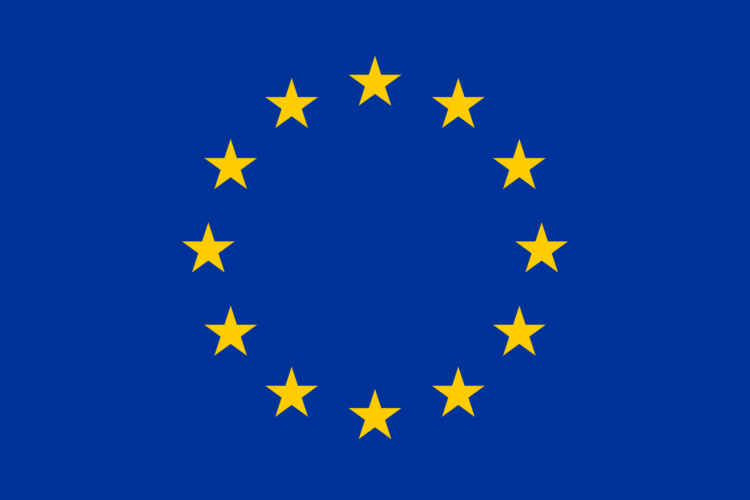By Eric King
European leaders are in agreement that “hard Brexit” is most likely the way the UK will have to go.
EU senior officials argue that allowing Britain favourable terms of exit would be dangerous and could form the grounds for similar requests from other EU countries who in future may decide to leave the EU.
One top EU diplomat indicated to the Observer that in the absence of a compromise on free movement, hard Brexit would be the only option. :
“If you British are not prepared to compromise on free movement, the only way to deal with Brexit is hard Brexit. Otherwise, we would be seen to be giving in to a country that is leaving. That would be fatal.”
Chairman of the foreign affairs, Norbert Rottgen was equally pessimistic about any compromise with the EU over Brexit. Röttgen told the Observer that if there was no willingness to accept EU rules, there was no hope. “I am really ready to come to a result but if [the British position is] no, no, no, then even I would have to say that there is no common ground.”
EU chiefs are adamant that Britain’s quest for full control over internal migration is wholly incompatible with EU rules and custom.
Vice-president of the centre-right European People’s party, German MEP David McAllister, added: “You can’t have 100% control over internal migration, say no to European Court of Justice rulings and that you won’t pay anything [into the budget]. This just won’t work.
“The British are testing us – we all know that. They are testing how united Europe is. So what is important is that Europe stays together. No bilateral negotiations with the British. No cherry-picking. We are doing this as a bloc.”
The collective resistance to any compromise on a deal with Britain is understandable and necessary to foster unity and consistency with the other members of the bloc. With Marine Le Pen from the National front party vying to take over from Prime Minister Jean –Pierre Raffarin in France, there is every reason for the EU to be on guard. However, this does not stop them from making exceptions to Britain if they want, but the real fear is that it would appear unfair if they later deny other countries in a similar position the same exception.

